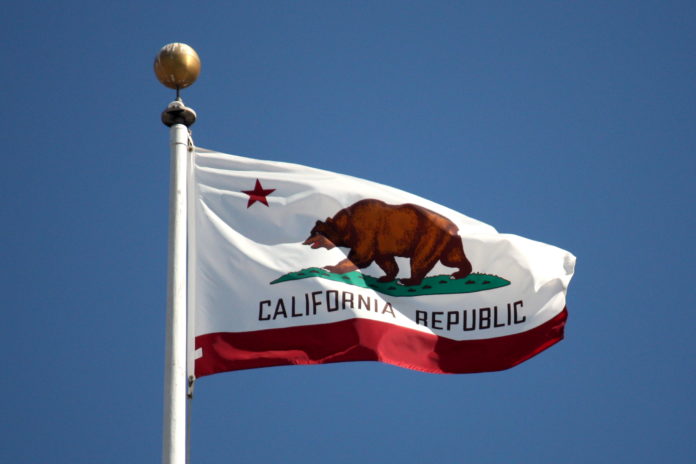![]()
I’m Texan, so it’s not often that I compliment California, but the state deserves some praise for taking the lead in the fight for consumer privacy. Silicon Valley’s own home state has become one of its harshest critics, and may lead to stricter data privacy laws throughout the nation. But what exactly is California doing that makes it so key in the fight for privacy?
On January 1st, a few months from when this article was written, the California Consumer Privacy Act of 2018 (CCPA) go into effect. This law seeks to grant Californians the ability to regulate the use of their personal information.
Under the new law, consumers are granted the right to:
- Know what personal information is being collected and with whom it is being shared with
- Access and delete any collected personal information
- Receive the same price and service by a business, even if they use their privacy rights
This is true for any entity doing business in California and that meets one of the following criteria:
- Makes twenty-five million dollars in annual gross profits
- Buys, receives, sells, or shares the information of fifty-thousand or more households annually
- Receives 50% of its revenue from selling personal information
While it might seem like this bill would only affect Big Tech firms located within the state of California, the CCPA has much further reach. Those living outside California may be granted the same protections as well, because any company that meets the above criteria and has customers in California are required to comply, regardless of where that company is based. Given that California contains 12% of the US population, the chances of a large company not meeting the requirements are slim. Businesses are likely to extend protections to all their consumers, raising privacy standards nationwide.
Kelvin Doe (COL ’23) is the Managing Editor for Bipartisanship.
Disclaimer: The views and opinions expressed in this article are those of the author(s) and do not necessarily reflect the official or personal position of the Editorial Board, Contributors, or Business Staff of The Georgetown Review.












